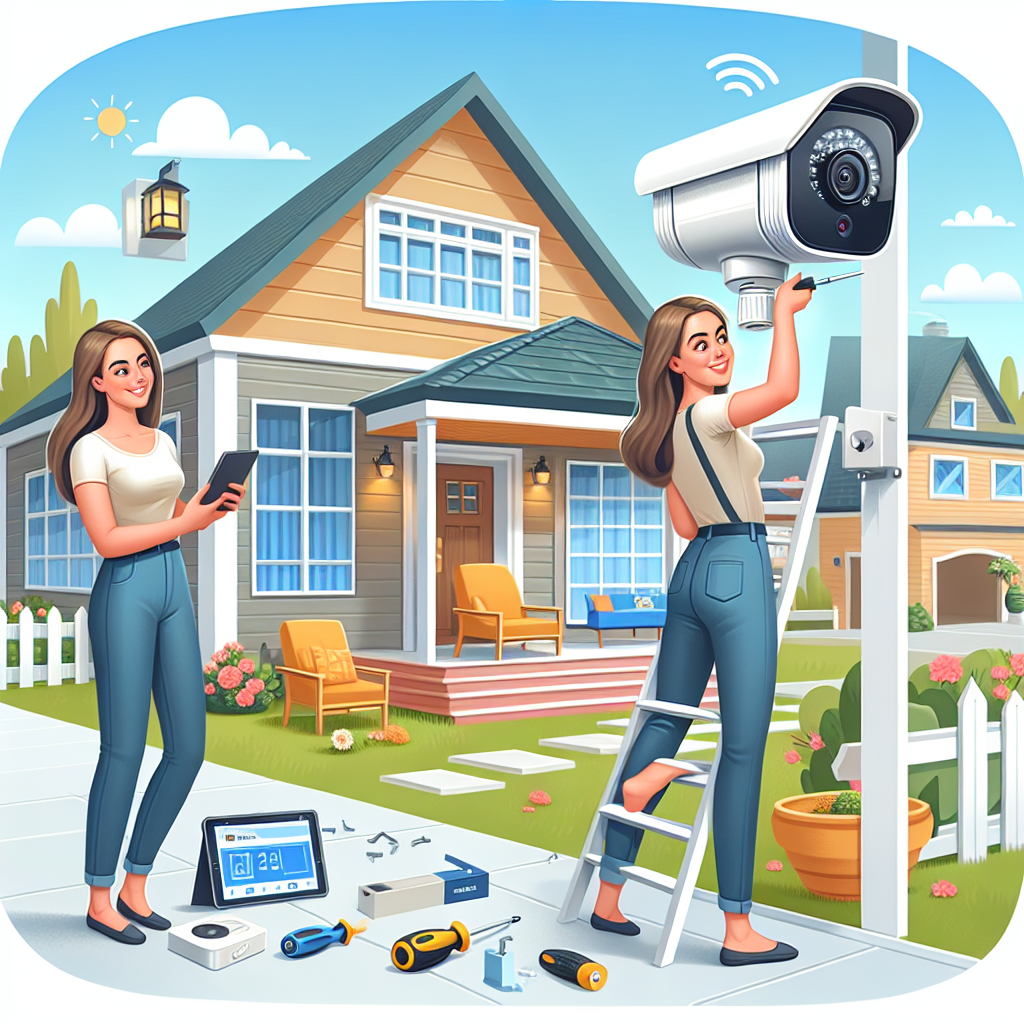When it comes to preparing your home for inspection, two critical areas that can greatly influence the outcome are the electrical and plumbing systems. Issues with these systems can not only pose safety hazards but also affect the overall functionality and value of your property. In this comprehensive guide, we’ll delve into the importance of understanding the impact of electrical and plumbing on home inspections, common problems that inspectors look for, and proactive steps you can take to ensure your home is inspection-ready.
Importance of Electrical and Plumbing in Home Inspections
Electrical and plumbing systems play a crucial role in the functionality and safety of a home. During a home inspection, inspectors thoroughly assess these systems to identify any issues that may need attention. Electrical problems such as outdated wiring, overloaded circuits, or faulty outlets can pose fire hazards and safety risks. Similarly, plumbing issues such as leaks, clogs, or outdated fixtures can lead to water damage and mold growth if left unchecked. Addressing these issues before listing your home can help ensure a smoother inspection process and increase buyer confidence.
Evaluating Electrical Systems During Home Inspections
Inspectors typically assess the electrical system by checking the main electrical panel, outlets, switches, and fixtures throughout the home. Common red flags include:
- Outdated wiring or electrical panels
- Overloaded circuits
- Improperly grounded outlets
- Faulty light switches or fixtures
Addressing these issues may require the assistance of a licensed electrician to ensure that your home’s electrical system is up to code and functioning safely.
Common Plumbing Problems Found in Home Inspections
Plumbing inspections focus on evaluating the condition of pipes, fixtures, and drainage systems. Some common plumbing issues inspectors may look for include:
- Leaky faucets or pipes
- Clogged drains or toilets
- Low water pressure
- Corrosion or rust in pipes
Addressing plumbing problems before inspection can help prevent water damage and ensure that your home’s plumbing system is in good working order.
Proactive Steps for Inspection Readiness
To ensure your home is inspection-ready, consider taking the following proactive steps:
- Schedule a pre-listing inspection to identify any potential issues before putting your home on the market.
- Address any electrical or plumbing problems identified during the inspection promptly, using qualified professionals if necessary.
- Keep records of any repairs or maintenance performed on your home’s electrical and plumbing systems to provide to potential buyers.
Conclusion
Understanding the impact of electrical and plumbing on home inspections is crucial for sellers looking to prepare their properties for sale. By addressing any issues with these systems before listing your home, you can increase buyer confidence, streamline the inspection process, and ultimately maximize the value of your property. Remember, investing in the maintenance and upkeep of your home’s electrical and plumbing systems can pay off in the long run, leading to a smoother and more successful sale.


